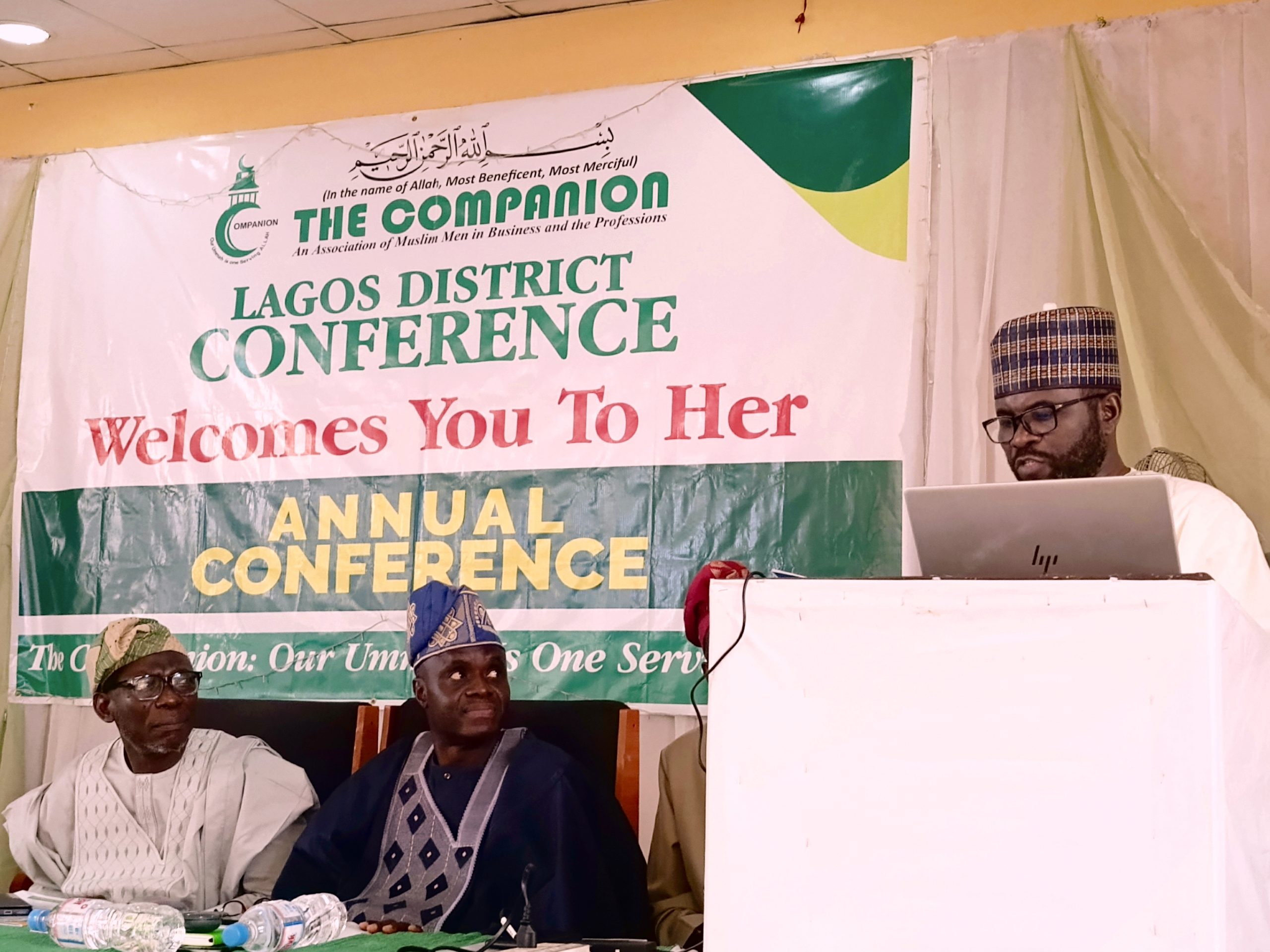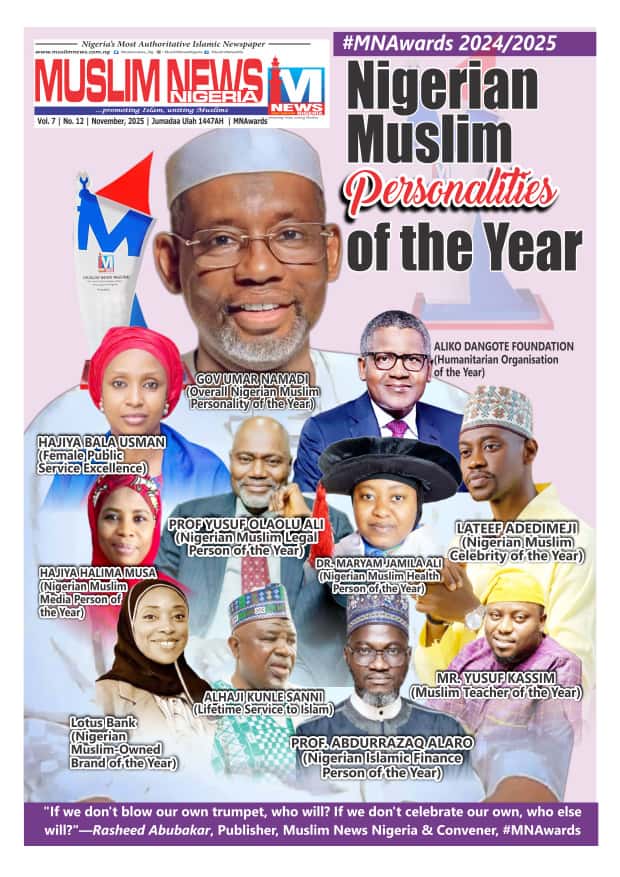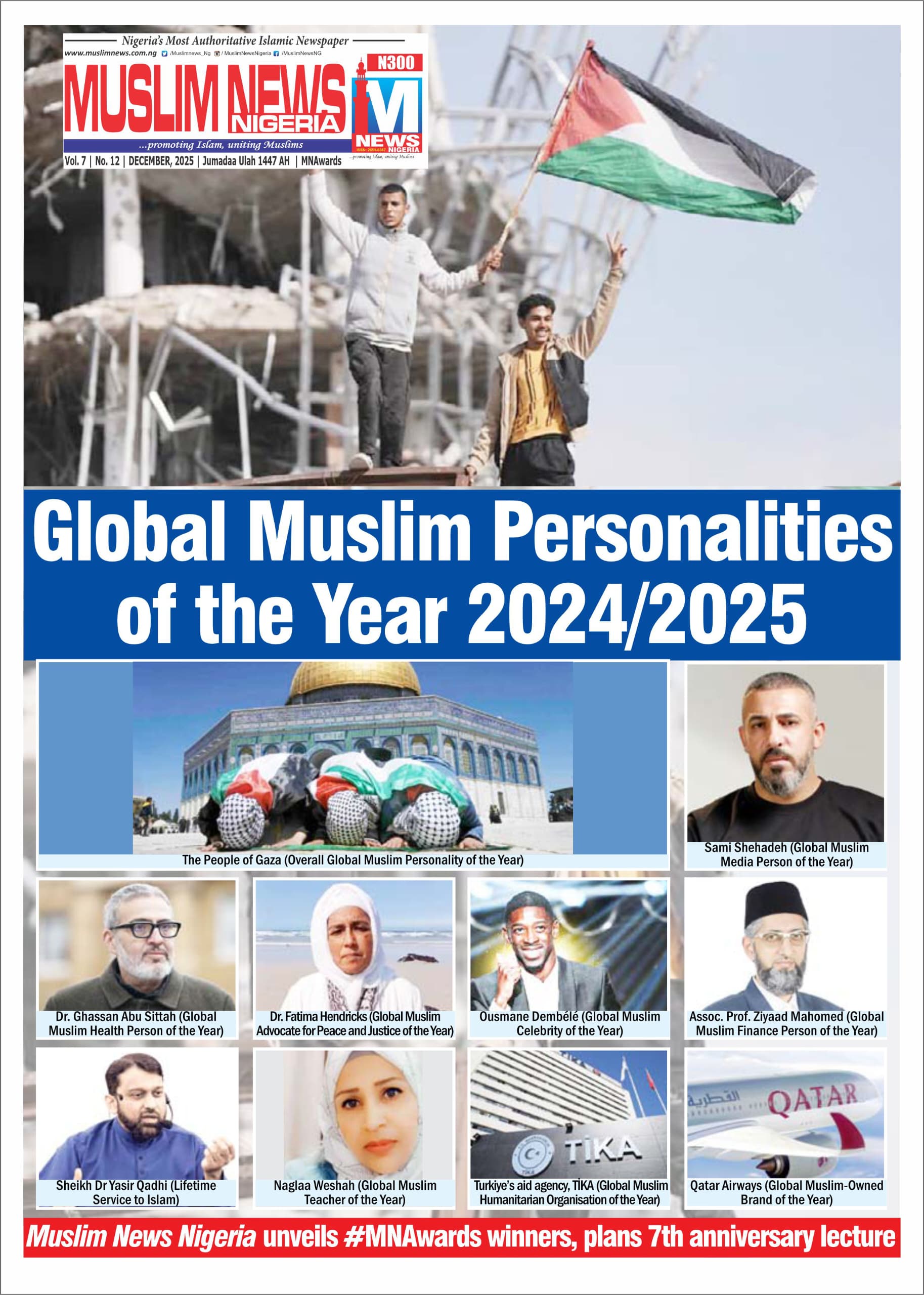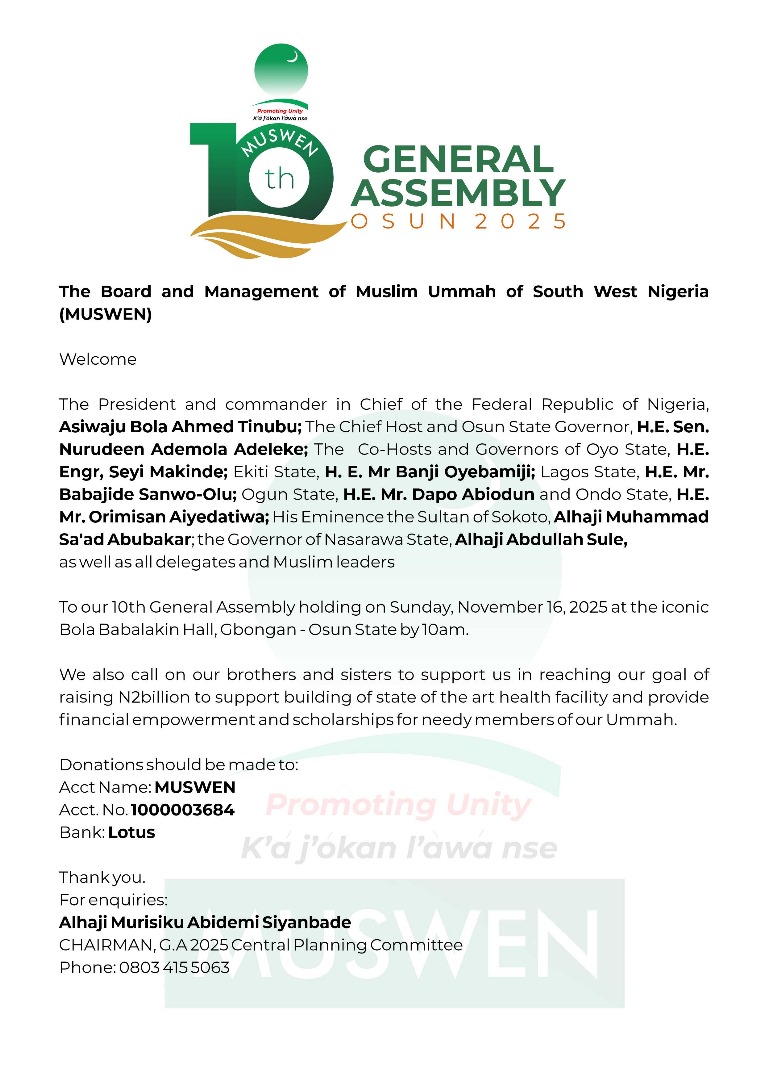* Barr. Fajimite warns medical practitioners against profit-driven practices
Dr. Muhammed-Isa AbdulMujeeb, Managing Director and Chief Executive Officer (CEO) of Our Friend Hospital, has urged Nigerians, especially Muslims, to embrace organ donation as an act of compassion, responsibility, and faith.
He made the call at the 2025 Mid-term Conference and Public Lecture of The Companion, an Association of Muslim Men in Business and the Professions, Lagos District, held on Saturday, July 26, 2025, at the Shamsi Adisa Thomas Memorial Hall, GRA Ikeja.
Muslim News gathered that the conference with the theme “Advances in Medical Sciences: Ethical Considerations”, also featured a review of the organisation’s activities during the period under review.
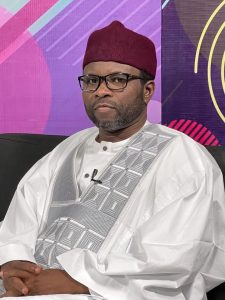
Held under the chairmanship of Barrister Hassan Taiwo Fajimite, Managing Partner at Inukan Chambers, the conference provided a rare and timely platform for Islamic professionals to confront growing ethical concerns around organ donation and trafficking in Nigeria.
Debunking myths and encouraging compassion while speaking on the topic “Navigating the Complexities of Organ Donation and Harvesting: Legal, Ethical, and Islamic Perspectives”, Dr. AbdulMujeeb with over 20 years experience, dispelled misconceptions that discourage voluntary donation.
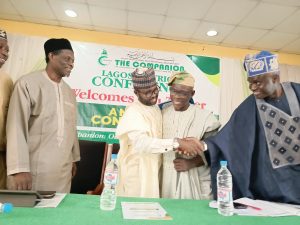
He said, “There’s this myth that if you donate your organ, you will soon die, or that your spirit is transferred. These beliefs are unfounded. We need to deal with such misinformation,” he said.
While emphasising the safety of organ donation when done properly, he condemned the rise in illegal and financially motivated practices.
“Selling your organ is not value-driven. It’s wrong. As a Muslim, ask yourself, how much have you given to God for what He has done for you? If your brother is dying and you have two kidneys, giving one doesn’t harm you if done the right way,” he said.
He explained that proper medical testing is essential for both donor and recipient, and that lifestyle modifications post-donation are simple but crucial.
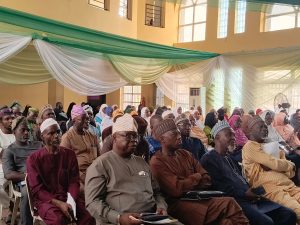
“If you donate a kidney, you must avoid taking random drugs, drinking unsafe water, or exposing yourself to infections. But there are no serious side effects if you are properly monitored,” he added.
Legal and policy matters
Commenting on the recent organ transplant regulation in Nigeria, Dr. AbdulMujeeb described it as a step forward, noting that the lack of regulation in the past enabled rampant trafficking.
“Now that the government is making laws, it is progress. The next step is implementation and enforcement. Doctors, lawyers, and law enforcement must act responsibly and raise alarm when something is done wrongly,” he urged.
He warned that lifestyle choices, delayed diagnosis, and genetic factors are contributing to the rising demand for transplants, especially of the kidney, lungs, and intestines, which he said are the most commonly transplanted organs.
The Islamic view
Speaking from an Islamic ethical standpoint, Dr. AbdulMujeeb affirmed that organ donation is permissible, as long as it’s voluntary, free from financial gain, and respects the dignity and privacy of all involved.
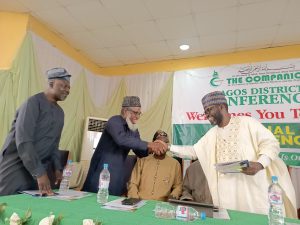
“The best of you is the one who benefits others. Qur’an 5:32 says: ‘Whoever saves one life has saved all of mankind.’ That means organ donation is commendable,” he explained.
He added that selling organs is not allowed in Islam, but saving a life by donating is considered a noble act.
Organ donation is lawful with consent; harvesting without consent is criminal, says Barrister Fajimite
Chairman of the occasion, Barr. Fajimite provided the legal distinction between organ harvesting and organ donation.
“Organ harvesting is illegal when there is no consent. It becomes a criminal offence. But organ donation is lawful when done voluntarily and with informed consent,” he said.
He also advised the public to get familiar with the legal frameworks, including pre-death and post-death donations.
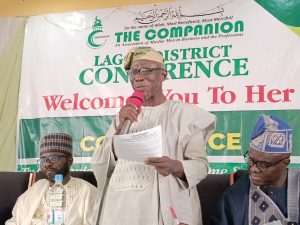
“The law even allows you to write a will: ‘Give my eye or kidney to someone when I die.’ Islam supports this, and so does the law,” he clarified.
Barrister Fajimite called on doctors to uphold medical ethics and not be driven by profit.
“Doctors must stay within the law. Don’t be emotional or greedy. Even blood donation scares people now, but it used to be a regular act of charity. When I was in university, we donated blood during MSSN’s Jihad Week,” he recalled.
He commended Lagos State’s move to introduce a new legal framework for organ transplant and said its alignment with the National Health Act would be reviewed in time.
Students are selling organs; others are trafficked. We must act now, warns The Companion’s District Amir
In his remarks, Alhaji Abdul Kabeer Olayiwola Baruwa, District Amir of The Companion, explained the rationale behind choosing the topic.
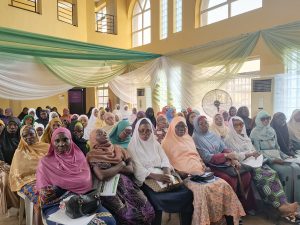
He stated, “We’re seeing a rise in unsafe and unethical organ sales; students selling organs, people being trafficked or deceived for financial gain. Some are even kidnapped for harvesting. We felt we must create awareness before this dangerous trend worsens.”
He added that the second part of the programme was the mid-term conference, aimed at reviewing the group’s performance halfway through his second tenure.
“We’ve carried out economic empowerment, given scholarships, provided business equipment, medical outreach, housing support, and public sensitization. Our goal is to positively impact the Muslim Ummah,” Baruwa said.
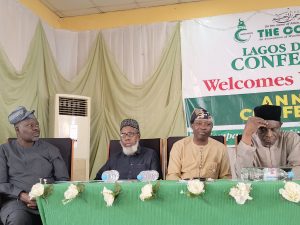
I’m proud Muslims are addressing this serious issue – The Criterion Rep, Alhaja Abdul Salam
Dr. Khadijah Abdul Salam, Lagos District Naibatul Amirah (Deputy Head) of The Criterion, the female wing of The Companion in Lagos State, praised the initiative and relevance of the topic.
“There are a lot of issues becoming our reality, but Muslims are avoiding these conversations. I’m happy The Companion is leading this effort. Organ donation is a serious issue, and I’m proud it’s being addressed,” she said, in her goodwill message.
In bringing together medical professionals, legal minds, Islamic scholars, and concerned citizens, The Companion’s 2025 Mid-term Conference did more than raise awareness, it set a bold, faith-driven agenda for ethical healthcare, responsible donation, and communal well-being in Nigeria.
The public lecture was graced by The Companion and Criterion’s executives and leaders, at the National, District and local levels, as well as representatives of different organizations, such as Federation of Muslim of Women Association of Nigeria (FOMWAN).
Among The Companion leaders who attended the Conference were former National Hajj Commission of Nigeria (NAHCON), Ustadh Sikirullahi Hassan, former National Amirs of the organization, Alhaji YKO Abdul Kareem, Dr Tunde Popoola; former District Amirs, Alhaji Jumai Alli-Oluwafuyi, Ustadh Abdul Fatai Abdul Majeed and Alhaji Abdul Ganiyu Abdul Majeed, a former District Financial Secretary, Alhaji Lukmon Ayantayo, among others.

